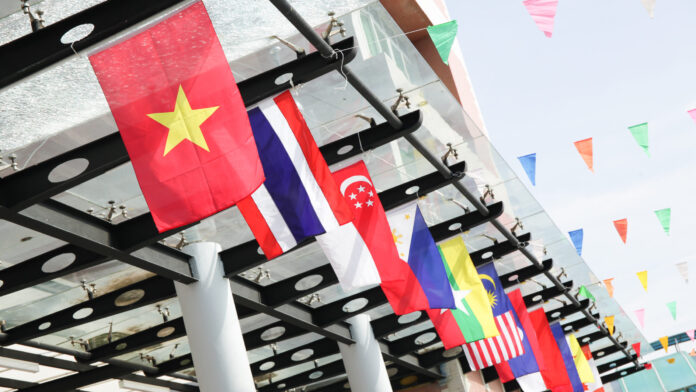The Association of Southeast Asian Nations (ASEAN) continues to advance its trade agenda, strengthening economic integration among member states and enhancing the region’s position in global trade. Recent trade agreements aim to reduce barriers, increase market access, and foster a more competitive business environment.
Key initiatives include the Regional Comprehensive Economic Partnership (RCEP), which came into effect in January 2022. RCEP is the world’s largest free trade agreement by population and GDP, encompassing ASEAN members alongside major partners such as China, Japan, South Korea, Australia, and New Zealand. It facilitates tariff reductions, harmonizes trade rules, and promotes cooperation in areas such as intellectual property and e-commerce.
The implementation of RCEP is expected to significantly benefit ASEAN countries by boosting exports, attracting foreign direct investment, and supporting supply chain integration. Industries ranging from manufacturing to agriculture stand to gain from expanded access to regional markets.
In addition to RCEP, ASEAN is negotiating other bilateral and multilateral trade agreements to deepen economic ties with partners in Europe, the Middle East, and Latin America. These efforts align with ASEAN’s goal to create a seamless single market and production base under the ASEAN Economic Community (AEC) framework.

Challenges remain, including the need to address non-tariff barriers, improve infrastructure, and ensure that small and medium enterprises (SMEs) can fully participate in trade opportunities. ASEAN governments are working on policies to enhance trade facilitation, digital connectivity, and capacity building to overcome these hurdles.
The trade agreements also have strategic importance amid shifting global economic dynamics and geopolitical uncertainties. By strengthening regional cooperation, ASEAN aims to build resilience and reduce dependence on any single market.
For Sri Lanka, ASEAN’s trade initiatives offer important insights and potential collaboration opportunities. As Sri Lanka pursues its own trade diversification and regional integration strategies, learning from ASEAN’s experiences can guide policy development and trade promotion efforts.
In summary, ASEAN’s trade agreements are reshaping the economic landscape of Southeast Asia, fostering greater connectivity, competitiveness, and growth. Continued progress will require coordinated efforts among governments, businesses, and stakeholders to realize the full benefits of regional integration.




